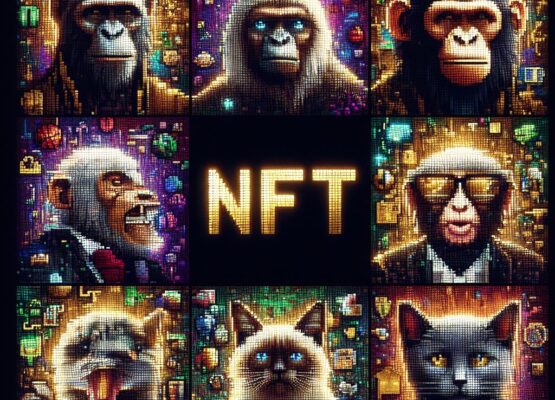Smart contracts are self-executing…They run on blockchain…
Smart contracts are self-executing computer programs that automatically execute the terms of a contract when certain conditions are met. They run on blockchain technology, which allows for transparency, security, and immutability of the contract. Smart contracts have the potential to revolutionize the way we conduct business and interact with each other.
One of the key features of smart contracts is their ability to eliminate intermediaries. Traditional contracts often require intermediaries, such as lawyers or escrow agents, to ensure that the terms of the contract are enforced. With smart contracts, the terms are written into the code, and the contract executes automatically when the conditions are met. This not only saves time and money but also reduces the risk of fraud or error.
Smart contracts can also be used for a wide range of applications, such as supply chain management, real estate transactions, and even voting systems. For example, in a supply chain, a smart contract could automatically trigger a payment to a supplier when a product is delivered and verified. In real estate transactions, a smart contract could automatically transfer ownership of a property once certain conditions, such as payment, are met. In a voting system, a smart contract could ensure the integrity of the vote by recording the vote on the blockchain and verifying that the voter is eligible.
One of the advantages of smart contracts is their transparency. Because the terms are written into the code, everyone involved in the contract can see and verify the terms. This can help to reduce disputes and increase trust between parties.
However, there are also some challenges associated with smart contracts. For example, because they are based on code, errors in the code can have serious consequences. There have been cases where smart contracts have been hacked or exploited, leading to losses for the parties involved.
In conclusion, smart contracts have the potential to revolutionize the way we conduct business and interact with each other. They offer a transparent, secure, and efficient way to enforce contracts without the need for intermediaries. However, it is important to be aware of the challenges associated with smart contracts and to ensure that the code is thoroughly tested and secure before implementation.



